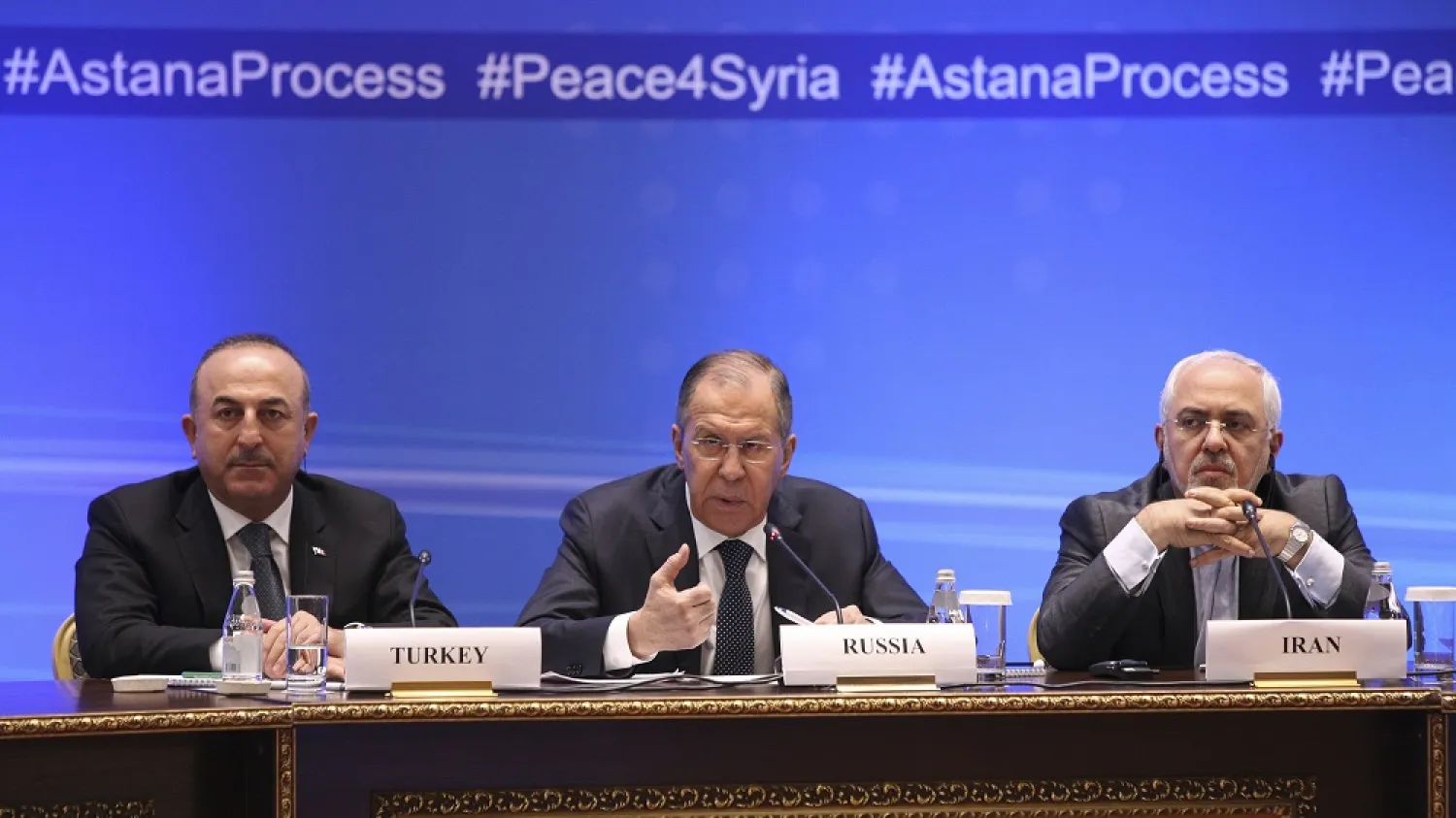Deputy Russian Foreign Minister Mikhail Bogdanov held talks with United Nations envoy to Syria Geir Pedersen on the results of the fifth round of the Constitutional Committee meetings amid Moscow’s evident disappointment with their failure.
Even though Moscow had lowered its expectation ahead of last month’s committee talks, it had preferred that “any progress be announced instead of failure,” said Russian diplomatic sources.
Bogdanov’s talks with Pedersen will pave the way for further coordination between them as the envoy prepares to brief the UN Security Council next week on the latest round of talks.
Moscow is closely monitoring Pedersen’s moves, especially amid the possibility that he will openly announce who is responsible for hindering progress at the committee.
Moreover, the Astana group is set to meet in Sochi on February 16 with Moscow preparing to hold “serious discussions” aimed at pressing Damascus to show greater flexibility in constitutional reforms, said a Russian source.
Diplomat Rami al-Shaar, who is close to the Russian Foreign Ministry, told Asharq Al-Awsat that after the failure of the Constitutional Committee talks, it has become clear that the Damascus leadership was not listening to its allies.
The regime is insistent on maintaining its own agenda, which is defending Syrian territorial unity and sovereignty and defeating terrorism, and avoiding talks about the constitution and reform.
This unyielding position stems from Damascus’ conviction that Russia will continue to support it because it has no other options, he explained.
In fact, some officials, who are close to Damascus, have gone so far as to declare that the regime is in a better position now with the arrival of a new administration to the White House, he revealed.
These official believe that Damascus need only make a simple gesture that could reverse American-Syrian relations and prompt Washington to support the regime and ensure its survival in exchange for eliminating Russia’s role in the conflict and the entire Middle East, he said.
Reports of secret security contacts being held between Damascus, Washington and Tel Aviv, through suspicious mediators, should therefore come to no surprise to anyone, Shaar remarked.









